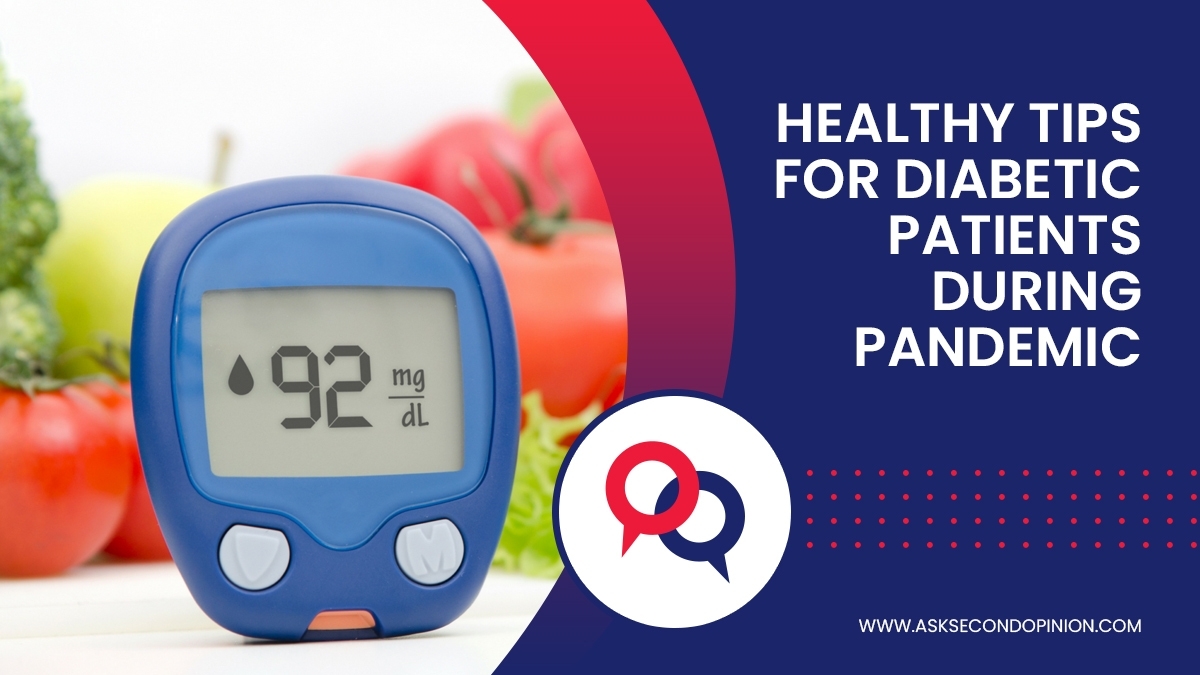
Diabetes is said to increase infections. COVID-19 patients who are having diabetes were forced to face a worse prognosis because of multiple factors. Such patients had a greater risk of hypertension, cardiovascular disease, and cerebrovascular disease. Consult a doctor online before taking vaccinations if you have any queries.
It is most important to understand that COVID-19 is causing severe metabolic complications of preexisting diabetes. A diabetic patient has to take uttermost provision to circumvent the virus. The rise and drop of blood glucose in diabetic sufferers compromises immunity and makes them more susceptible to infections. The virus may thrive in elevated blood glucose. Hence insulin intake is impeccable.
Diabetes Patients Precautions
- Prepare yourself when you get ill.
- Make sure you have all relevant contact details in hand and in case you need them.
- Pay extra attention to your glucose control. Regular monitoring can help avoid complications caused by high or low blood glucose.
- If you feel flu-like symptoms (raised temperature, cough, difficulty breathing). It is important to consult a healthcare professional. If you are coughing up phlegm may indicate an infection, so you should seek medical support and treatment immediately.
- Any infection is going to raise your glucose levels and increase your need for fluids, so make sure you can access a sufficient supply of water.
- Make sure you have a good supply of the diabetes medications you need. Think what you would need if you had to quarantine yourself for a few weeks.
- Make sure you have access to enough food.
- Make sure you will be able to correct the situation if your blood glucose drops suddenly.
- If you live alone, make sure someone you can rely on knows you have diabetes as you may require assistance if you get ill.
- Keep a regular schedule, avoiding overwork, and having a good night’s sleep.
Other basics things to follow
- Wash hands thoroughly and regularly.
- Try to avoid touching your face before you have washed and dried your hands.
- Clean and disinfect any objects and surfaces that are touched frequently. Try to avoid contact with anyone showing symptoms of respiratory illness such as coughing.
- Think about whether you can make changes that will help protect yourself or your loved ones. For example, can you avoid unnecessary business travel? and large gatherings, and also avoid public transport.
